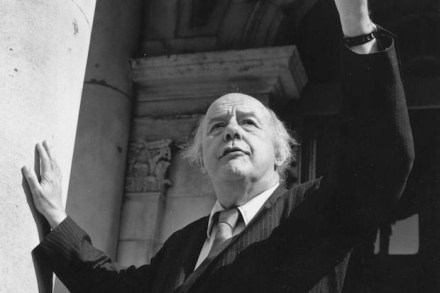Muscly hipsters force ONS to change its basket of goods
The Office for National Statistics has updated its basket of goods that it uses to measure inflation, and has added some amusingly middle class items in, including sweet potatoes, liver and melons. Even better is the addition of ‘speciality beer/ale, bottled’ because of the ‘increase in expenditure and shelf space’ devoted to craft beer, and protein powder, a new item that ‘represents a distinct and growing sector not previously covered within the class’. Does this mean that Britain is becoming a nation of hipster gym bores who alternately boast about their interesting choice in bottled beer that has a kooky label (but that might still be a processed product rather than




















